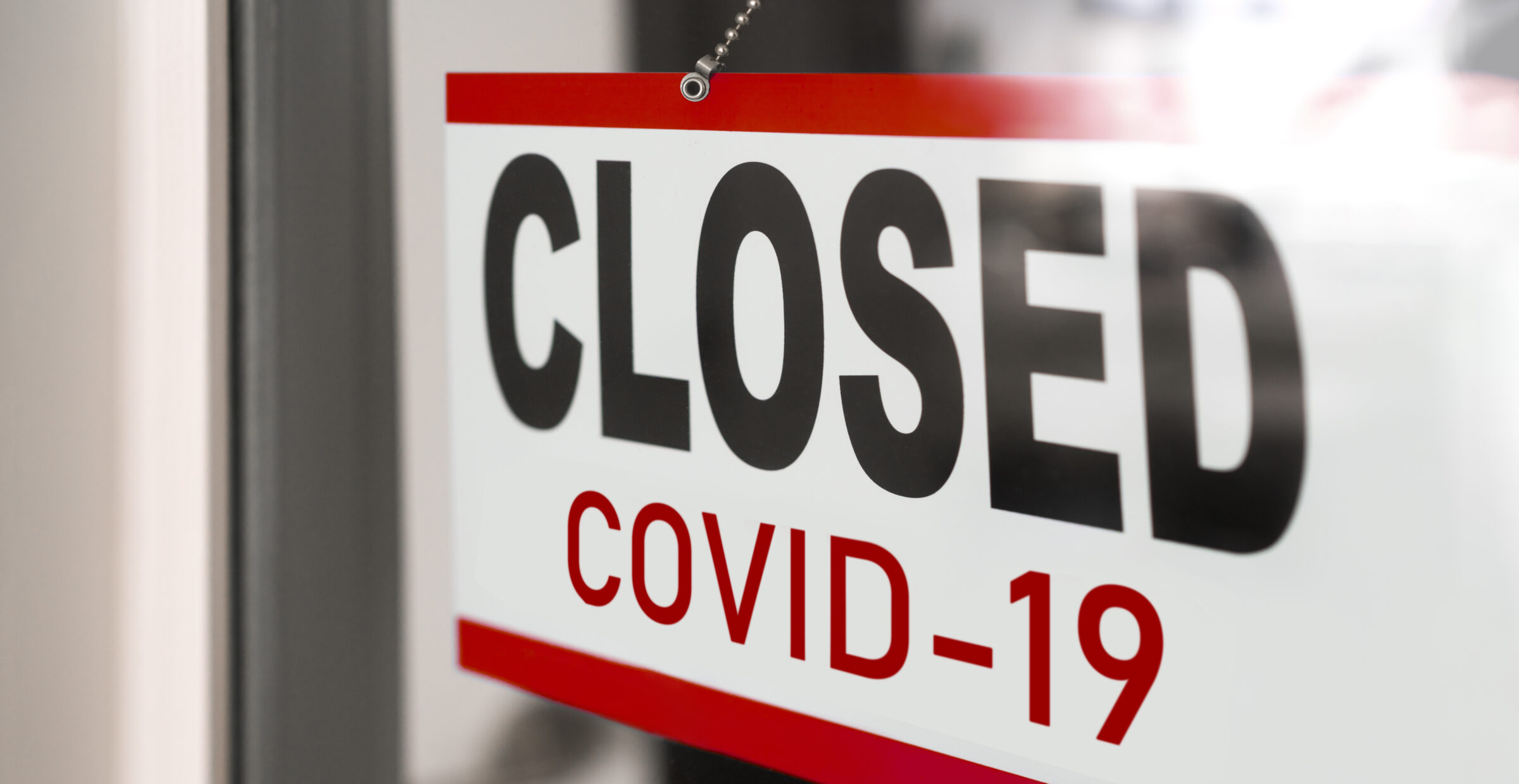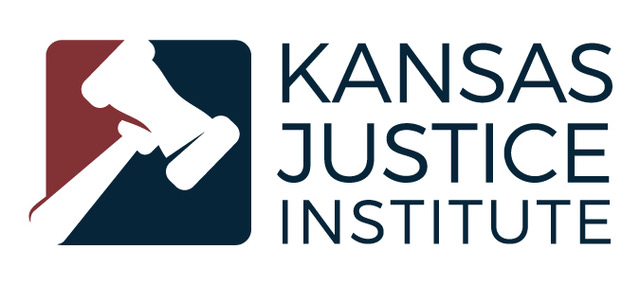Members of the Kansas Senate may be on the cusp of approving a measure that would raise taxes, despite a new poll that says Kansans prefer low taxes and government efficiency. The poll, conducted by SurveyUSA and commissioned by the Kansas Policy Institute, surveyed 501 registered voters, revealing that only 21 percent of respondents favored a tax increase on citizens or on businesses.
The Senate is set to vote Thursday on legislation, Senate Bill 147, that would increase income taxes and increase taxes for approximately 330,000 small business by rolling back an LLC exemption established in 2012. That’s not the path the poll’s respondents would prefer. According to the poll, 38 percent want the legislature to reduce the cost of government to address budget shortfalls. An equal percentage of respondents–17 percent–wanted to reduce K-12 spending and another 17 percent said they wanted to increase income taxes.
That even divide may be indicative of how the Senate will vote. If the vote were taken right now, it looks like the Senate is evenly divided with 20 of its 40 members appearing to support the tax increasing legislation.
“Once again, scientific public opinion surveys show that special interests pushing for enormous, record-setting tax increases are completely out of step with the general public,” Dave Trabert, president of Kansas Policy Institute, said in a release. “Kansans expect government and school districts to make efficient use of their tax dollars. They don’t want their income taxes or gasoline taxes increased. The question is whether legislators will listen to citizens or special interests that want higher taxes for more spending.”
Other budget proposals the Senate may consider include a budget plan crafted by special interests that would increase gasoline taxes by as much as 11 cents per gallon. The poll’s respondents did not like that idea either. Almost 60 percent of respondents opposed increasing the state’s gas taxes. Only 20 percent supported increasing the gasoline tax.
The Governor’s budget proposal would increase taxes on alcohol and cigarettes. Only 25 percent of respondents were amenable to that idea.
“Kansans may be a stubborn lot, but that extends to a firm belief that government should live within its means,” James Franko, KPI’s vice president and policy director, said. “It isn’t a political revelation to understand that Kansans want politicians in Topeka to leave more money with their constituents and prepare the state budget just like Kansas families do every day.”
Respondents were also asked about school funding. A large majority, 84 percent, said a new school funding formula should require efficient use of money. A majority of respondents, 69 percent, also said the school funding formula should reward performance and hold districts accountable for student outcomes.
“There are certainly a number of issues to be resolved, particularly in terms of delivering quality services; but the solution can’t lead to the creation of new problems with higher taxes and job loss,” Trabert said. “Efficient, effective use of citizens’ money is the key to having good services and lower taxes. In 2015, the states that tax income spent 42 percent more per-resident than the states without an income tax; Kansas spent 27 percent more per-resident.”




